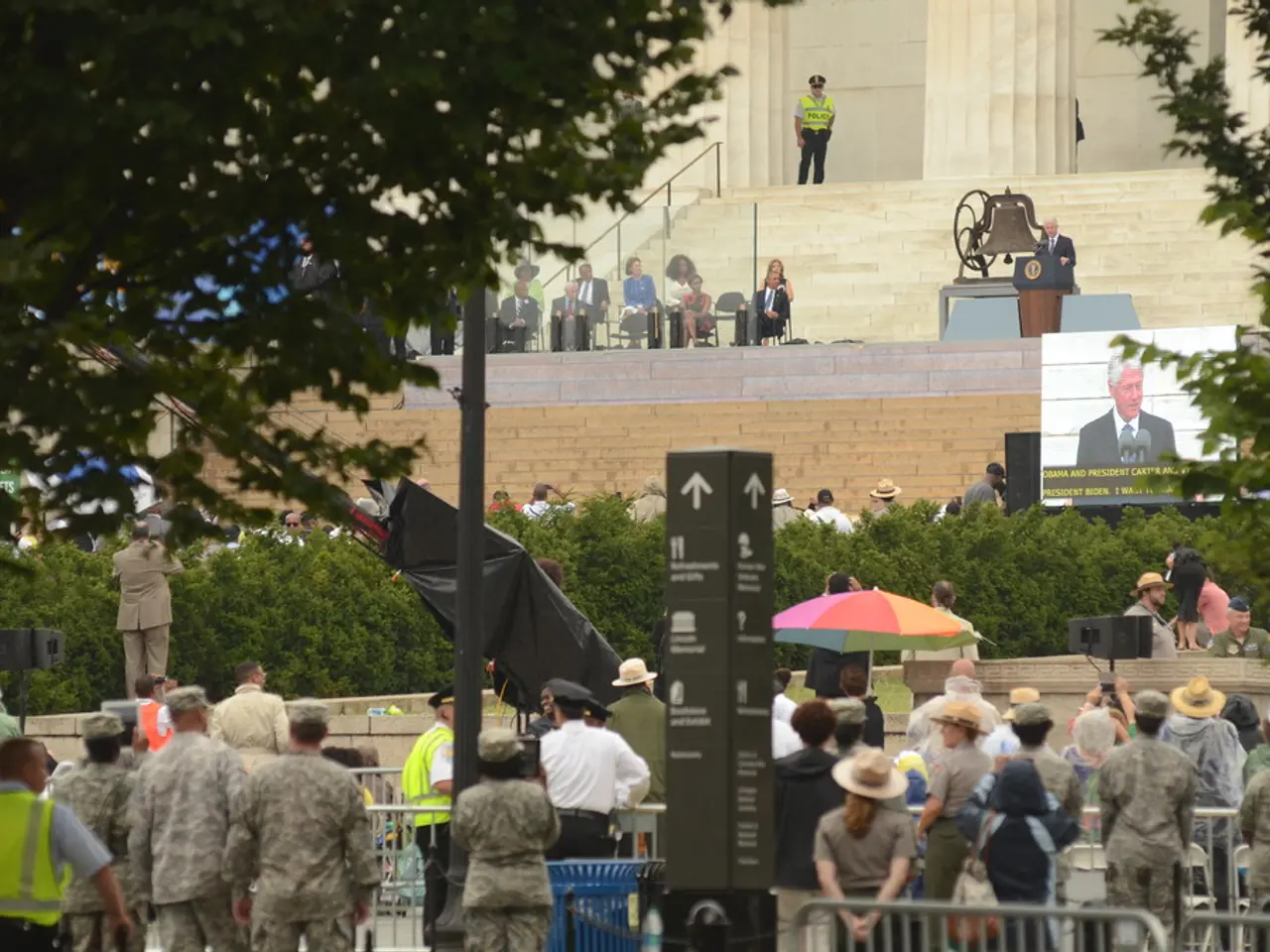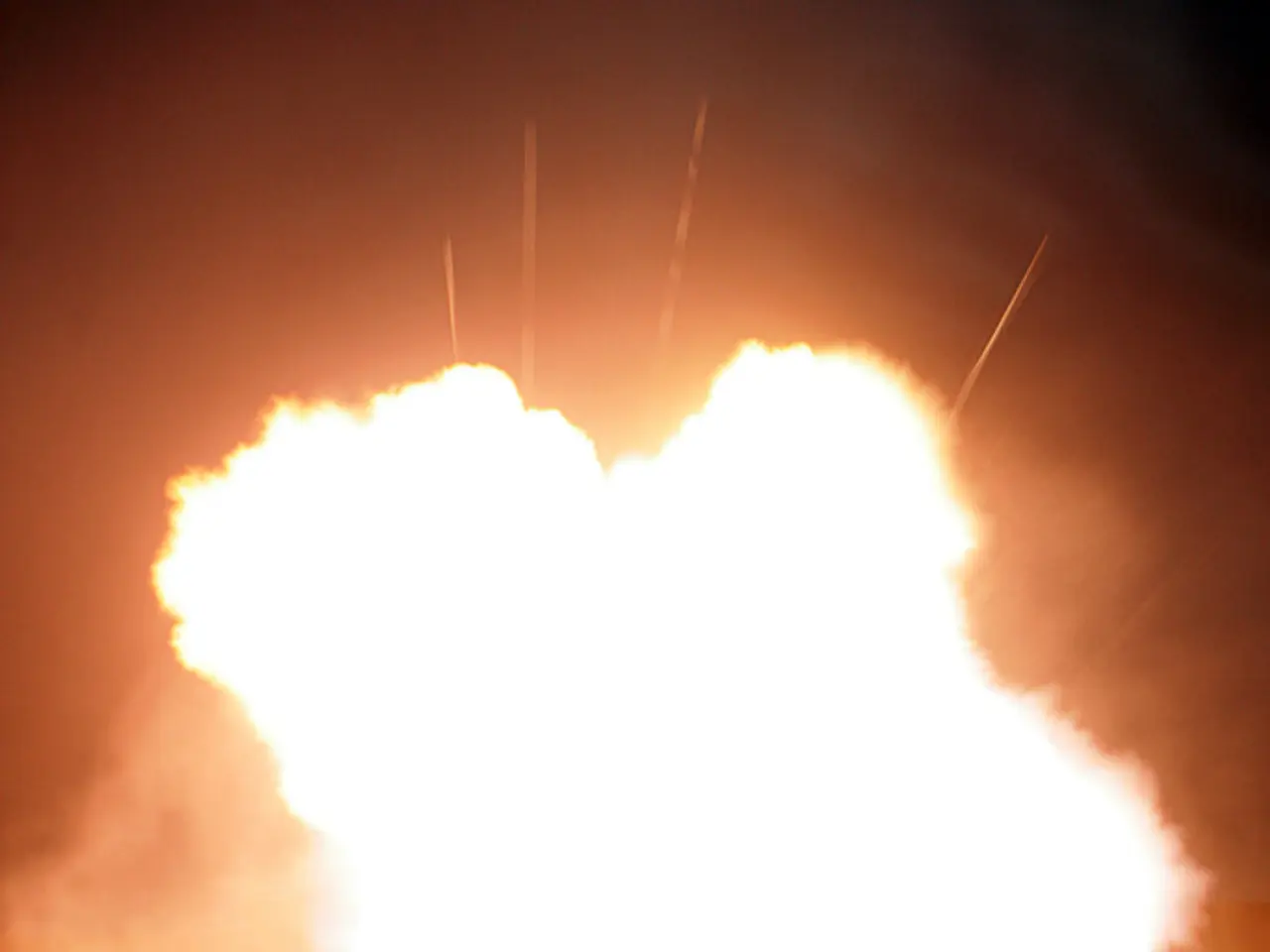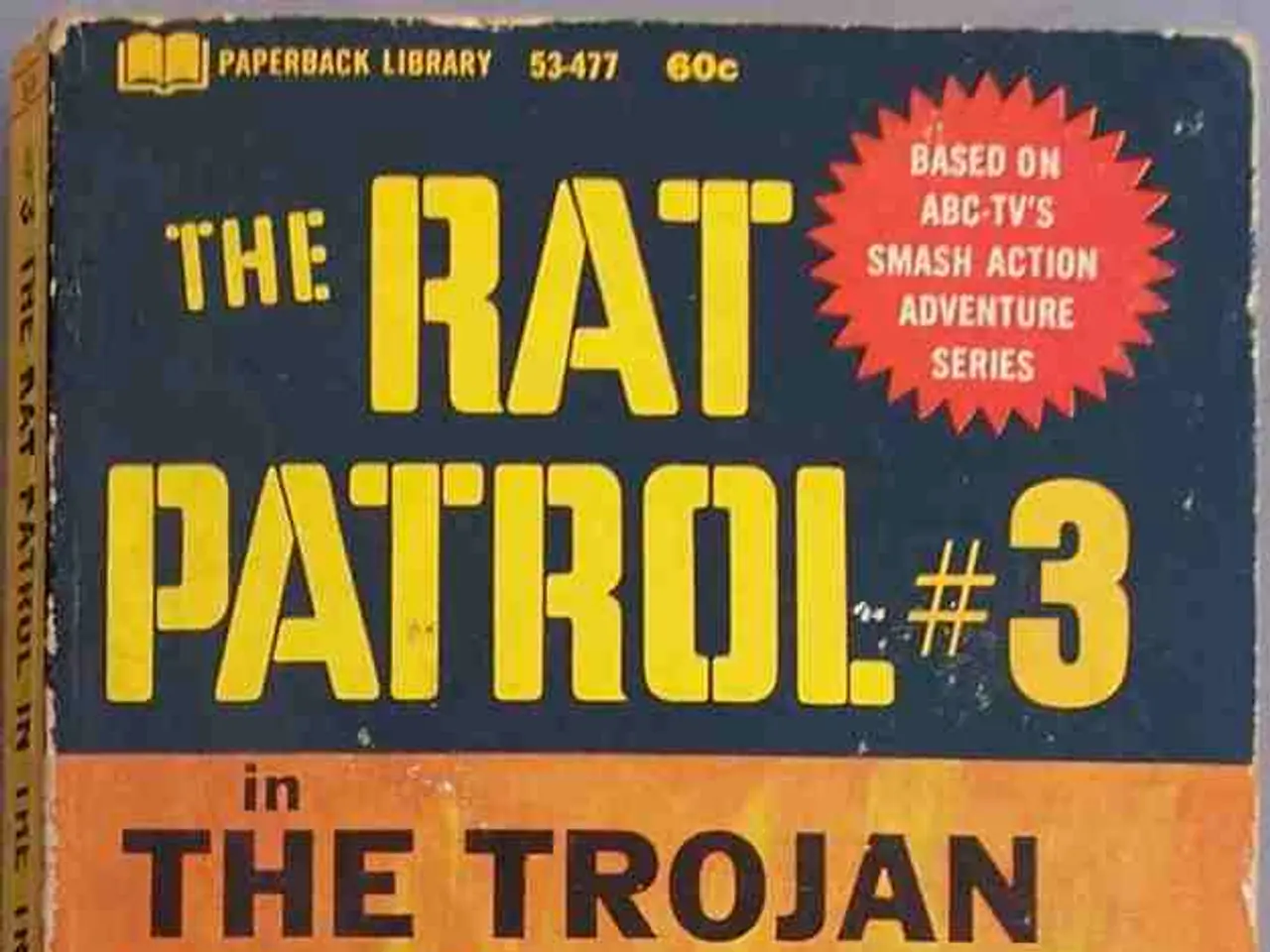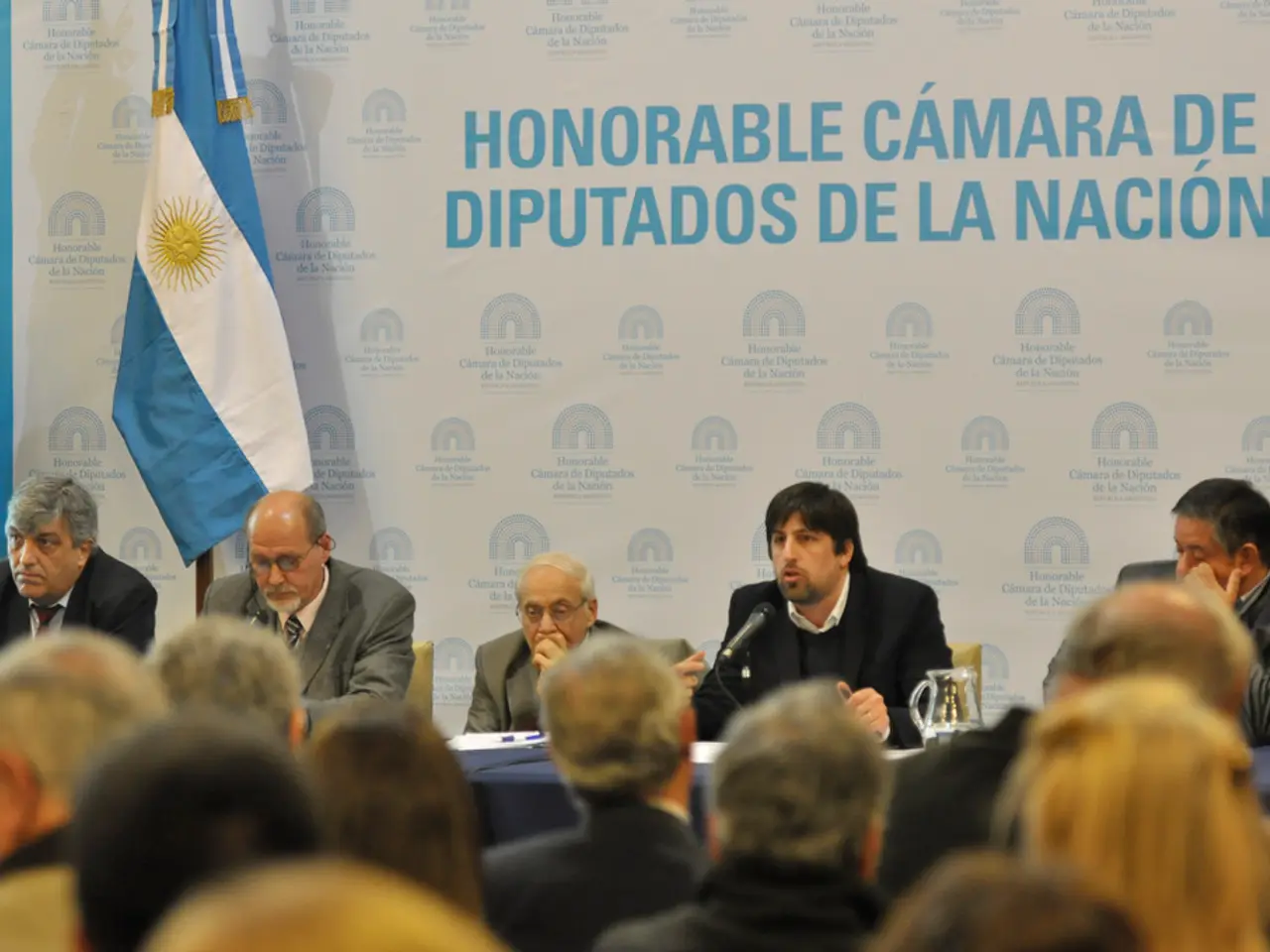Congress Removes Manish Tewari from Operation Sindoor Discussion Sparks Speculation in His Cryptic Post
In a surprising turn of events, Congress Party MP Manish Tewari was unexpectedly dropped from speaking in the Parliament debate on Operation Sindoor, a highly sensitive military operation, on July 28, 2025. This exclusion, which sparked discussions about factionalism within the Congress Party, has shed light on significant internal tensions and strategic dilemmas within the party.
The Operation Sindoor debate in Parliament is significant due to the importance of the issue and the role of senior leaders in shaping the nation's security policy. Tewari's exclusion, despite being part of official all-party delegations abroad to represent India’s position on Operation Sindoor, has been interpreted as a reflection of the party's challenges in managing diverse views among its senior leaders and presenting a united front on nationalist issues.
The need for cohesive and strategic leadership within Congress has never been more critical as it grapples with factionalism and leadership struggles. Tewari, with his experience in foreign policy and defense issues, is often seen as a moderate voice, whereas Shashi Tharoor, another senior Congress leader, who was initially slated to lead the Operation Sindoor debate, is more aligned with Congress' current narrative on global diplomacy.
The political maneuvering over who represents Congress in crucial debates could further fuel these internal divisions. The exclusion of Manish Tewari in favor of Tharoor could reflect Congress' efforts to align itself with specific strategic narratives on security. This decision, however, has raised questions about Congress' decision-making processes, especially on issues of national security.
Tewari's cryptic message on social media in response to his exclusion from the Operation Sindoor debate hinted at discontent within the Congress Party, fueling rumors of factionalism and internal power struggles. The growing signs of factionalism in Congress raise critical questions about the party's unity and direction in the coming years.
The exclusion of prominent MPs who had actively represented India internationally during this time might exacerbate fault lines between the party’s leadership’s tactical choices and its senior members’ individual positions, possibly affecting morale and coherence. As India prepares for upcoming elections and international challenges, these internal disputes may become more pronounced.
The incident drew attention to the Congress Party's handling of sensitive debates and the role of senior leadership. Internal disputes within Congress, particularly on handling security issues, are increasingly public, showing the growing divides within the party's senior leadership. The BJP leveraged Tewari and Tharoor’s exclusion to reinforce its narrative that Congress lacks patriotic unity, portraying the party as disconnected from the nation’s interests. This potentially harms Congress’s credibility on national security and foreign policy issues.
In summary, Manish Tewari’s exclusion underscores ongoing struggles within Congress to balance internal dissent, maintain unity, and effectively counter the ruling party’s narrative, which could have lasting consequences for its organizational discipline and public image. As the political landscape in India continues to evolve, it will be interesting to see how Congress navigates these internal conflicts and presents a united front in the face of national challenges.
The exclusion of Manish Tewari from speaking in the Parliament debate on Operation Sindoor has sparked discussions about the party's decision-making processes, especially on issues of national security, highlighted in the context of policy-and-legislation and general-news.
The political maneuvering around who represents Congress in crucial debates could also be a reflection of the party's alignment with specific strategic narratives on politics and foreign policy.




